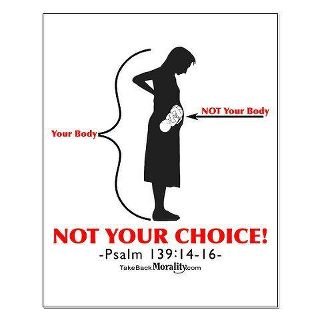Why Biden’s Proposed Tax Hikes Won’t Cause More Unemployment
President Joe Biden is eyeing policies that would send taxes through the roof. He is indeed “soaking” the rich, but the middle class will not escape his depredations unscathed. Yes, yes, he has promised that income tax increases will not impact those earning less than $400,000 per year (middle class incomes can be in the high $300ks? News to me) and seems to be abiding by this assurance. However, his gargantuan assaults on corporations will negatively affect people earning way below that level, both in terms of higher prices and tax shifting.
As a result, his critics have been throwing all sorts of “jelly” at his tree, in the hopes that some of it will stick. One such is the claim that higher taxes lead to greater joblessness (as discussed here and here). We can appreciate the motivation underlying this flailing; killing the golden goose does no good for economic prosperity. But it would still be better to stick to the truth.
Suppose Biden grabs half the GDP. We will then become poorer, assuming most of what he does with these funds will either not help the economy at all, or will actually further worsen it (more bureaucrats will be hired to set up yet more stultifying rules). Well, let’s go back in history to when our GDP was roughly 50 percent of what it is now. Is it necessarily the case that we will find that unemployment has increased? Of course not. So much for the claim that taxes necessarily eliminate job slots. No, they just impoverish us.
Why, then, is there unemployment if is it not due to high taxes?
The best explanation for this phenomenon is that this occurs when wages are boosted higher than productivity.
One leading cause under this heading are minimum wage laws. If someone can contribute to the bottom line at the rate of $12 per hour, but must be paid $15, as Senator Bernie Sanders and others are advocating, why, then, by golly, anyone hiring such a person would lose $3 per hour. Keep doing this, and multiply by many workers, and bankruptcy beckons. This law does not require that such a person be hired; only that if this occurs, he must be paid that higher amount. But firms will simply decline to hire such a person. Hence, they become unemployed.
Then there are union wage level raises, also above productivity levels. This accounts to a large degree for the “rust belt” phenomenon. Organized labor bullied management into unsound wage inflation. So the latter left for greener pastures, such as the South.
Then, of course, there is the business cycle. During the bust phase, productivity falls. But wages are typically rigid in the downward direction. Hence, again, unemployment. And what causes this, in turn? According to monetarism, one element is inflation. This is due to increases in the monetary stock, thanks to exuberant Fed expansions. One result is that interest rates are artificially reduced, leading to more investments in more round-about production (more mines, planting coffee trees, whose end products will not be available for many years). But this is unsustainable, since the desired saving and consumption ratios will not have changed, ceteris paribus (all else equal).
Does this mean that Biden’s manic tax grab is good for the economy? Of course not. People will be shunted from the productive private sector into the morass of the public sector. This will mean a transfer, or reemployment, but not unemployment.
It is understandable to throw everything possible at the White House’s tax proposals and hope that something sticks. But let us not toss basic economics out the window.
This article was originally published on FEE.org




